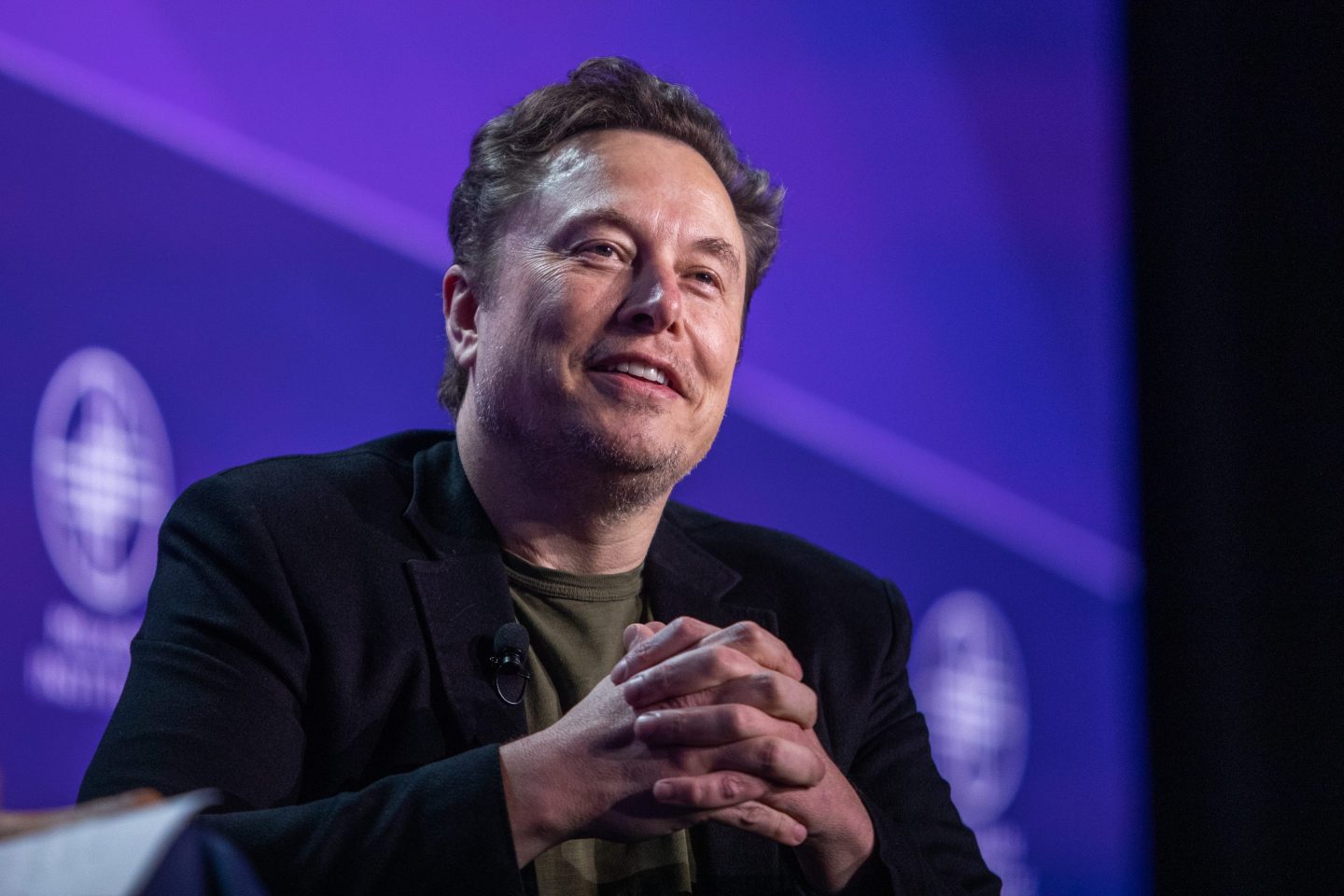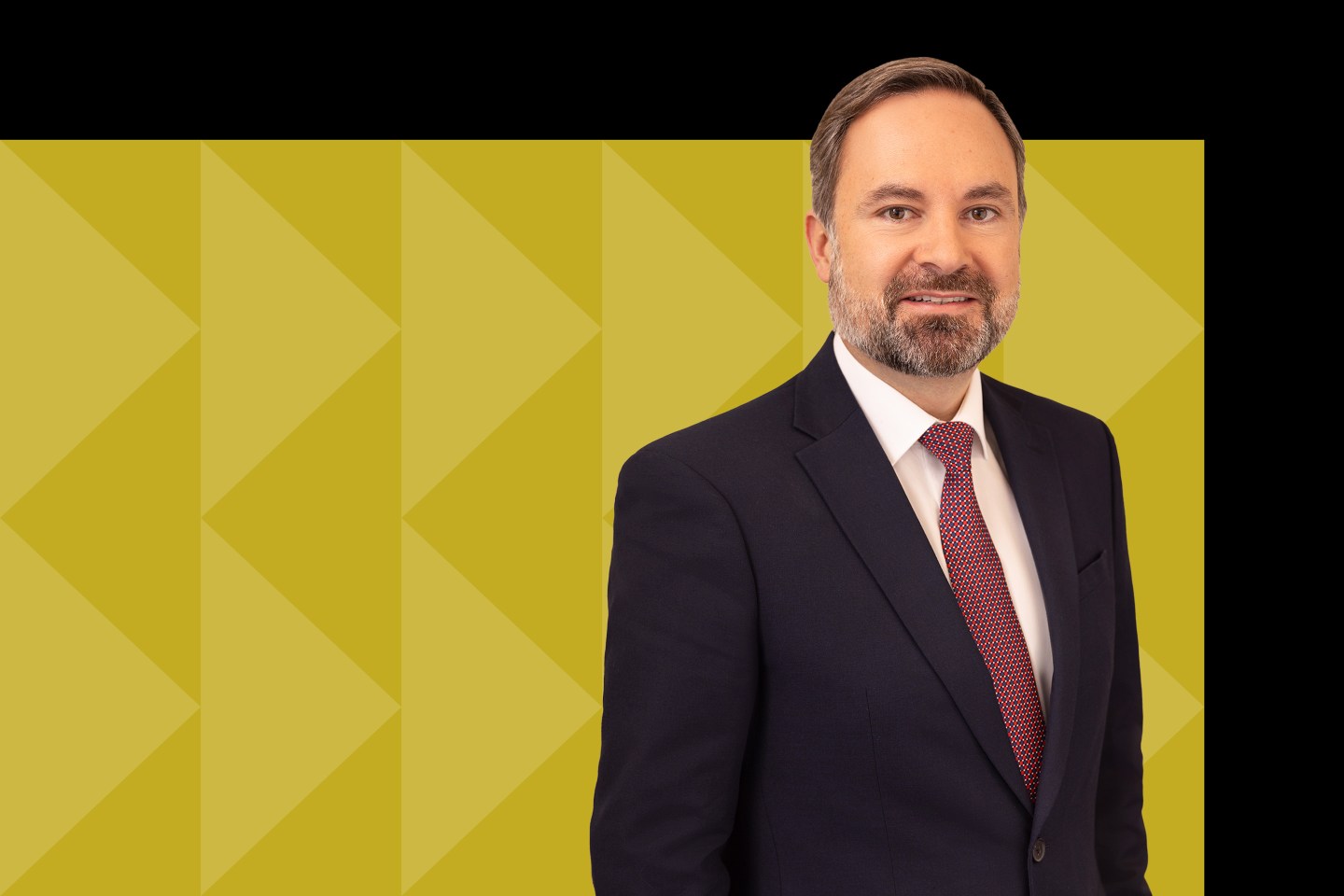Critics of corporate diversity, equity, and inclusion (DEI) initiatives are latching on to a new initialism dubiously similar to DEI. Meet “MEI,” short for “merit, excellence, and intelligence,” and coined by Alexandr Wang, cofounder and CEO of Scale AI, a startup valued at $4 billion that provides companies with labeled data used to train artificial intelligence models. “MEI,” according to a blog post authored by Wang, represents a “hiring principle” that ensures one “[hires] only the best person for the job.”
Hiring based on merit has benefited Scale, Wang argued, as the company landed opportunities like partnerships with OpenAI and the Department of Defense. And the startup will continue to take this approach instead of “pick[ing] winners and losers based on someone being the ‘right’ or ‘wrong’ race, gender, and so on,” Wang added.
“We hire only the best person for the job, we seek out and demand excellence, and we unapologetically prefer people who are very smart,” Wang wrote. (Scale AI declined Coins2Day’s requests for comment.) “We treat everyone as an individual. We do not unfairly stereotype, tokenize, or otherwise treat anyone as a member of a demographic group rather than as an individual.”
Wang’s post garnered praise from several business leaders, including billionaire Elon Musk, Sequoia partner Shaun Maguire, and Coinbase CEO Brian Armstrong, all of whom have previously criticized corporate DEI programs.
But what Wang and DEI detractors like Musk get wrong about DEI is that they believe considering diversity in hiring means ignoring all other qualifications, several experts in the DEI space tell Coins2Day.
In many ways, meritocracy is a core part of the American dream. Many believe that anyone, regardless of background or upbringing, can succeed through hard work. The anti-DEI crowd sees diversity and inclusion initiatives as threatening these values.
“I think there’s been a sentiment of late where people have this idea that they want to return to this meritocratic past. The unfortunate part of that, though, is that meritocratic past doesn’t exist,” says Adia Wingfield, a professor of sociology at Washington University in St. Louis who researches racial and gender inequalities in professional occupations. Historically underrepresented groups including people of color and women were largely excluded from many jobs, she notes. “When we talk about advancing DEI, the idea is, yes, to move away from this past, but to move away from a very non-meritocratic past into a future where everyone really does have opportunities, and access to various jobs, forms of work, and so forth.“
Merit and diversity aren’t at odds
DEI experts interviewed by Coins2Day all agree that hiring the best person for the job is something everyone should strive for. Some also noted that much of Wang’s post aligns with the goals and practices of DEI advocates, such as Wang’s stance that merit-based hiring requires recruiting policies like casting a wide net for talent and using objective criteria for electing the best candidates.
“There are a lot of things in this post that are actually, perhaps surprisingly, aligned with the goals of a lot of DEI practitioners,” says Natalie Johnson, cofounder and managing director of strategy at DEI consulting firm Paradigm. “I think for many, many years now, we have failed to recognize that and have failed to make that connection that, oftentimes, we have the same values, the same principles, that we’re building off of.”
In fact, Wang noted in his blog post that he “strongly disagree[s]” that meritocracy and diversity conflict with each other.
But what Wang gets wrong is his suggestion that a hiring manager can be truly objective in selecting the candidate with the most “outstanding talent” for the job. No one is entirely free from harboring any biases.
“People that think that we‘re over the hill when it comes to diversity and inclusion, both from a racial as well as gender perspective, are delusional,” says Lisa Simon, chief economist at people analytics platform Revelio Labs . “We’re not in a moment where you can get rid of all these policies and hope they will continue. As soon as you remove these things, people go back to hiring people that look like them.”
The pitfalls of ignoring DEI for ‘merit’
Publicly prioritizing meritocracy also can lead to bias against certain groups. Academic research published in Administrative Science Quarterly in 2010 found that when organizations promote meritocracy as part of their culture, managers inadvertently begin showing bias toward men over equally performing women during performance evaluations.
These findings are particularly worrying when examining Wang’s field of AI. Women made up just 30% of global AI roles in 2023. Meanwhile, their representation in AI academic research and university teaching roles hasn’t budged in decades.
AI is expected to significantly impact our lives. Yet AI technologies and the data used to build them are often rife with biases against women and people of color. If the companies behind the tech ignore diversity blindspots internally, AI tools could further marginalize these communities.
“Given that the tech industry is notoriously non-diverse, yet has an enormous amount of influence and power in shaping the types of tools that are going to be increasingly critical to our future, that’s one of the industries where it’s very critical and essential for diversity to be something that they recognize and value, rather than downplaying and minimizing,” says Wingfield.












